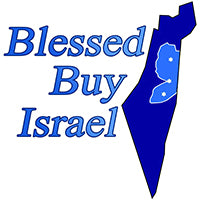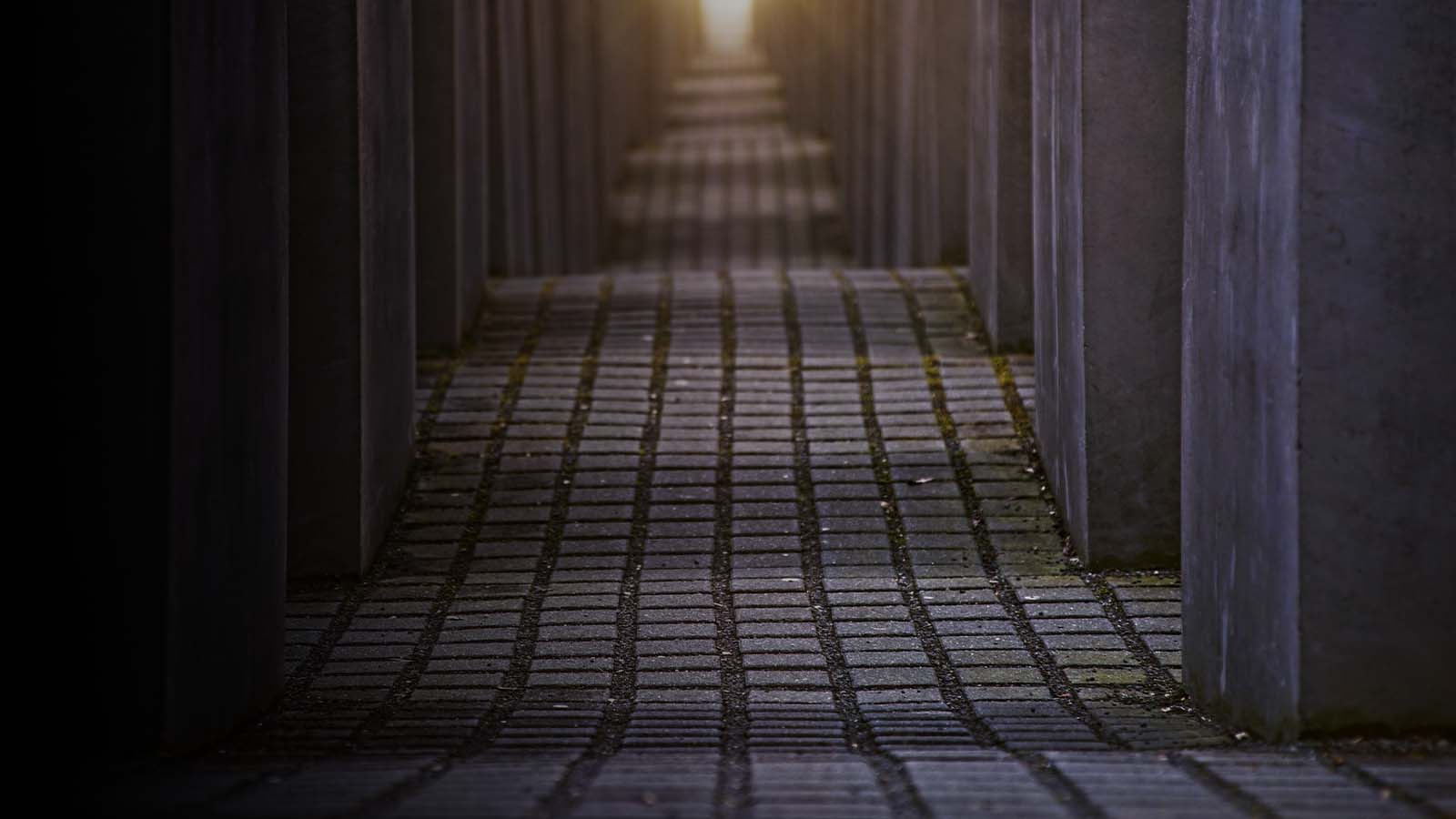Yom HaShoah, “The Day of Destruction,” commemorates one of the greatest tragedies in human history—the systematic murder of six million Jews. From 1938 to 1945, the Nazi regime, oftentimes aided by the people of the countries they occupied, oppressed and slaughtered the Jewish people. They hunted them down, dragged them from their homes, tore their families apart, and sent them to places of death. Some were murdered in the streets, many were shot and thrown into open pits while others were sent to suffer under extremely brutal conditions in concentration camps, or death camps where they were cruelly suffocated in gas chambers upon arrival. This was the Holocaust—and the world was silent as the Nazis moved through Europe, leaving a trail of death and destruction behind them.
What allowed this tragedy to happen? How could the majority of people stand by as their Jewish neighbors were first marginalized, and then murdered? Unfortunately, the root of antisemitism had been propagated for many centuries in Europe—through many of the doctrines and teachings of the Church. This created an antisemitic cultural view that turned into a cataclysmic force of violent evil—and most people in Christian Europe did nothing to oppose it. The vast majority of Europeans were disengaged and apathetic about the fate of the Jews, leaving the Nazis to do their demonic work.
Even so, there were the brave few who chose to stand with the Jewish people—helping shelter them and bring them to safety. Courageous men and women like Corrie ten Boom, Oskar Schindler and Irena Sendler risked their lives to save Jews—and many of them paid the ultimate price.
Not giving in
Toward the middle of the middle of the war, Jewish resistance became more organized—Yom HaShoah marks the date of the beginning of the Warsaw uprising when the Jews in the Warsaw ghetto withstood the Nazi army for almost a month—and though many valiant heroes stood up to fight and gave their lives, the vast numbers of evildoers proved to be too many. In the end, six million Jews were murdered, and countless others who survived bore the terrible scars of the trauma they had endured.
From the ashes of the Holocaust, many Jews made their way back to their ancient homeland, and just three years later, the State of Israel was miraculously established. A people who refused to give in to their enemies, built the nation that exists today as a thriving beacon of freedom and light in the world. For many Holocaust survivors, revenge was to have children. Today they have grandchildren and great-grandchildren living in the land of Israel, able to defend themselves, home to stay.
The New Antisemitism
Today, a new form of antisemitism is on the rise. An antisemitism that seeks to portray itself as morally acceptable: Anti-Zionism—opposition to Israel as the nation-state of the Jewish People. Anti-Zionists try to hide behind the falsehood that they are only criticizing Israel because of its governmental policies, not because it is a Jewish nation. For example, the BDS (boycott, divestment, sanction) movement claims their mission is not antisemitic. However, their work of delegitimization and demonization of Israel, and links to terrorist groups prove otherwise. Anti-Zionists seek to undermine Israel’s existence, even going so far as to compare Israel’s treatment of Palestinians to Nazi Germany’s treatment of Jews
Anti-zionism has become the new face of antisemitism. The late Rabbi Lord Jonathan Sacks summed up the past two millennia of antisemitism in a speech to the UK House of Lords:
…it pains me to speak about antisemitism, the world’s oldest hatred. But I cannot keep silent. One of the enduring facts of history is that most antisemites do not think of themselves as antisemites. ‘We don’t hate Jews,’ they said in the Middle Ages, ‘just their religion.' 'We don’t hate Jews,’ they said in the nineteenth century, ‘just their race.' 'We don’t hate Jews,’ they say now, ‘just their nation state.’
Saying "Never Again," and meaning it
We are faced with a choice, just as Europe was in the 1930s and ‘40s. The choice between remaining silent and apathetic in the face of antisemitism or speaking out and being proactive in our support of the Jewish people.
Where is the outcry as terrorists slaughter Jews in the streets? What are we doing as our governments funnel billions of dollars to sabotage Israel? There are many more such questions we can ask ourselves, many opportunities we have to make a difference and raise our voice that we have not yet realized.
One of the themes of Yom HaShoah is “Never Again.” Never again will we be silent in the face of antisemitic words and actions. Never again will we stand by as Jews are marginalized, discriminated against, and persecuted. Never again will we allow Israel, the Jewish State, to be attacked and demonized.
To remain silent is to risk history repeating itself. Anytime antisemitism is given a place in society, there is a potential for an event like the Holocaust to occur again. It is so critical that we recognize and oppose antisemitism wherever it raises its ugly head, and not be guilty of silence in the face of evil. The late Holocaust survivor Elie Wiesel summed up our responsibility to act: “Neutrality helps the oppressor, never the victim. Silence encourages the tormentor, never the tormented.” So set aside this Yom HaShoah as a time of remembrance, but also a day to renew your commitment to stand with the Jewish people and against evil.
This article has been updated from the original, published 5/2/2019





Francine Sapper
April 19, 2023
Ha-Shem our beloved G-D and Savior bless and forever protect his family and his children Israel. Our representatives MUST SPEAK UP as soon as enemies of the Jewish people try to say and make fun of us and get away with their anti-semitic remarks. Our Jewish leaders must respond immediately as well. May Ha-Shem continue his love for his intimate people Israel.